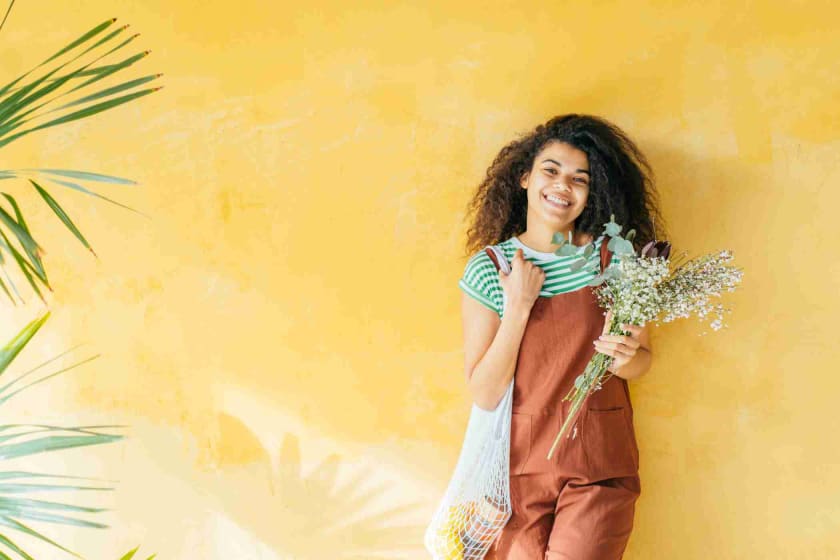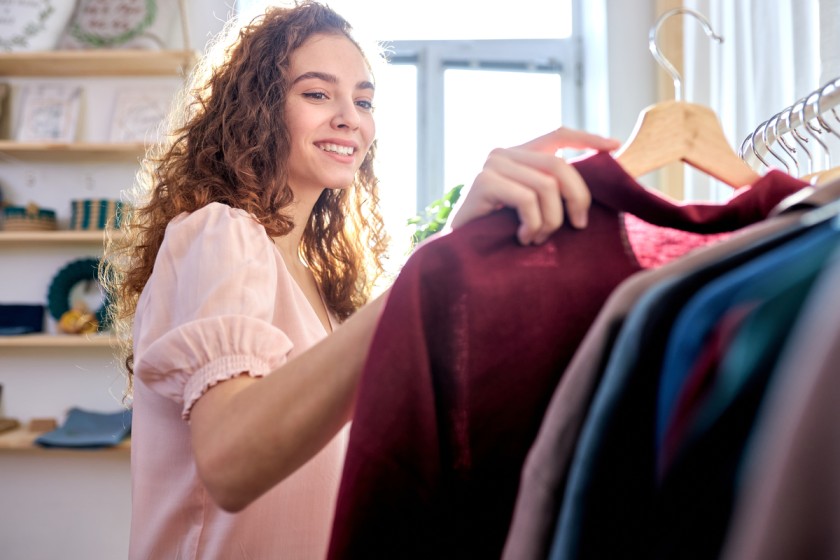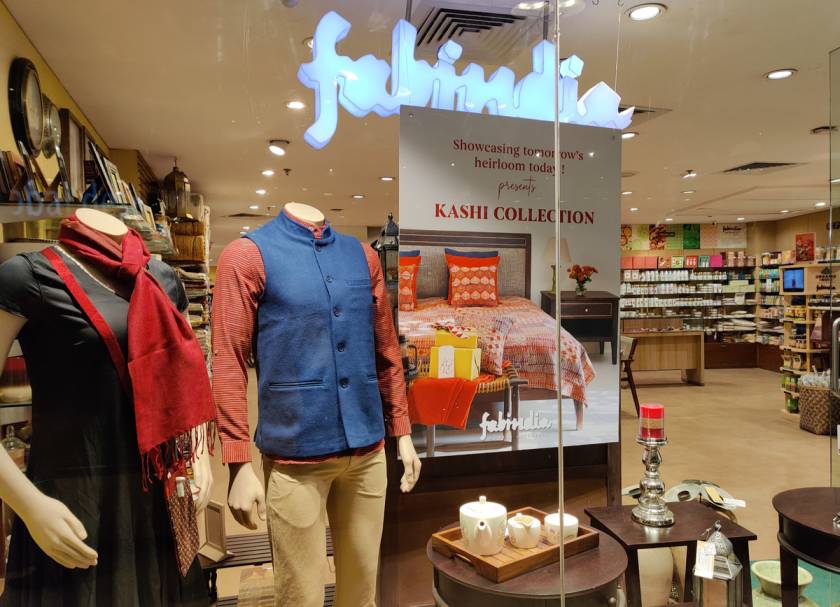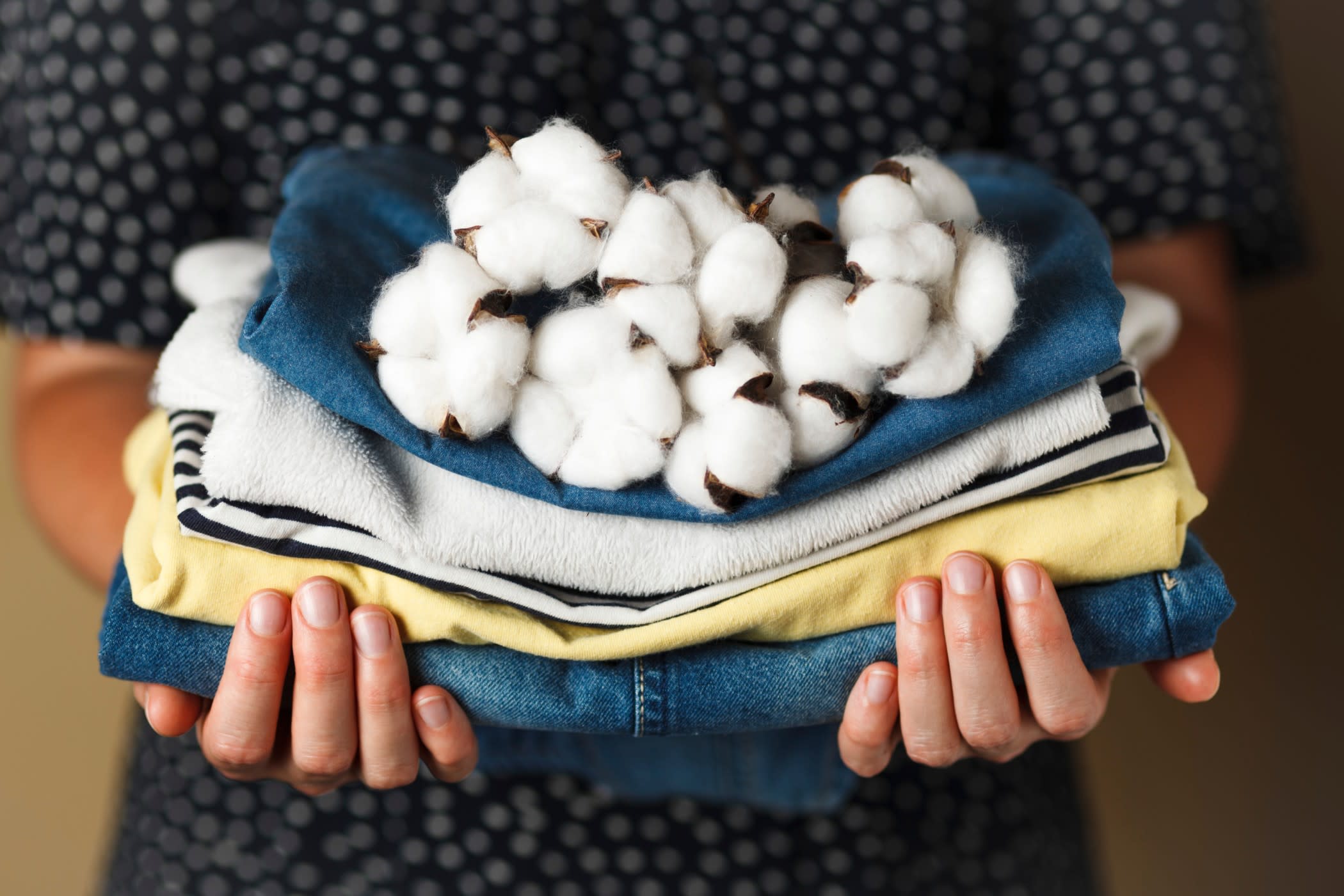The Trendy Side of Eco-friendly Clothing



The word “eco” is the short form of the term “ecology.” Ecology is the scientific study of the interactions between living beings, such as people, and their physical environment. As a result, eco-friendly refers to goods and services that cause little or no harm to the environment. Note that there’s nothing such as 100% eco-friendly clothing. This is because every piece of clothing requires both water (to develop the fibers that create the fabric) as well as energy (to manufacture trendy sustainable clothing).
Whenever we speak about eco-friendly clothes, we’re talking about brands who make it a point to reduce pollution by choosing fibers that aren’t grown or manufactured with harmful chemicals and fabrics that aren’t dyed with harsh dyes and paints. To summarize, ‘eco-friendly’ clothing would imply:
1. Using natural fibers like organic cotton and hemp to produce trendy sustainable clothing.
2. Using organic vegetable dye to produce trendy ethical clothing.
3. Using fabrics such as hemp and bamboo that require a lesser quantity of water to grow.
What Are Some Eco-Friendly Fabrics?
The most trendy ethical clothing is the one that has already been used. Any new fabric, regardless of its material, always has a harmful impact on the environment. Thus, the fabrics produced from recycled materials are ideal. The most common example is polyester produced from recycled water bottles.
If you are shopping for eco-friendly fabrics, make sure to check for tags such as “100% recycled polyester.” Note that some manufacturers may sell products that claim “made with 50% recycled materials.” In such cases, manufacturers may be deceiving buyers as only a tiny amount is truly recycled.
Lastly, fabrics manufactured with sustainable fibers (such as organic fibers that use fewer chemicals and water) are superior to those made with conventional fibers.

Is Trendy Sustainable Clothing Affordable?
Absolutely! Again: buying anything secondhand is more eco-friendly than buying something new. This in turn will cost you less. Worried about seeming unfashionable? You’re in luck then! Secondhand fashion is now a hot trend; indeed, the fashion industry refers to this trend as “re-commerce.”
When online, search for websites that let you exchange your items. Some brands even sell pre-worn apparel from their labels. Be careful not to misuse the cost savings as a pretext to buy more. This is because buying more products (especially those you don’t need or won’t use) defeats the purpose of making a sustainable purchase.
By purchasing trendy ethical clothing, you are supporting companies that follow ethical standards, pay fair wages, use organic fabrics and/pr produce more durable products. You may wind up spending more if you buy new and trendy sustainable clothing. This is not in itself a bad thing; it certainly beats buying fast fashion items from unsustainable brands!
Top 5 Indian Brands That are Levelling-Up the Game of Trendy Sustainable Clothing
Here’s a list of brands in India that have come up in support of trendy ethical & sustainable clothing. These companies are doing well in creating awareness among consumers to adopt eco-friendly clothing styles.
#1 Nicobar
Our first company on the list is Nicobar. This is a modern lifestyle company that manufactures apparel, home décor, and travel items. Their concept of simplicity in classic items made to last is influenced by natural design principles and materials. Also, their products (as well as stores) are inspired by the Indian Ocean and a calm island vibe.
For those who live in Chennai, we recommend a visit to Nicobar’s stores in the city. Keep an eye out for (and buy) their stunning global bamboo gowns, organic cotton skirts, and tropically oriented eco-friendly household goods.
2. FabIndia

FabIndia, as the name indicates, is a celebration of India’s historical textiles. FabIndia has been working with craft-based rural producers for nearly 50 years to provide sustainable employment while conserving traditional crafts. They provide a wide range of clothes for men and women, as well as household goods, cosmetic products, and food.
You can wear FabIndia’s South Asian traditional salwar kameez for an international audience. We also recommend wearing the blue kurta as a standalone garment in summer.
#3 Anokhi
Based in the Pink City of Jaipur, Anokhi has been established for over 40 years and has stores all across India. Anokhi embraces artisanal fabrics: its special products include hand block printed dresses, tops, charming motifs, and adorable fabric bags with matching scarves. Anokhi is renowned for its revival of ancient textile techniques. Their collections are always vibrant and well-designed.
#4 No Nasties
No Nasties is a wonderful place to start building a basic and elegant capsule wardrobe. They have a flattering line of sustainable apparel for men and women. As a plus, their products are organic and fair exchange. No Nasties’ website is recommended for those beginning to embrace an eco-friendly lifestyle. This is because their website comes with detailed explanations of how their clothing benefits workers, customers, and the environment.
Lastly, another reason for supporting No Nasties with your business is because they plant a tree every time someone buys from their store.
#5 Upsana
Upsana is a sustainable fashion brand based in Pondicherry, Auroville. Upsana uses their design to address social and environmental concerns such as farmer suicides, waste pollution, and unemployment. The company collaborates closely with weavers and farmers. Also, they offer ongoing programs that provide waste-free alternatives.
With so many options and benefits of going sustainable, you have every reason to go green! Read more Fashinza articles and empower yourself to become an eco-friendly consumer.



















